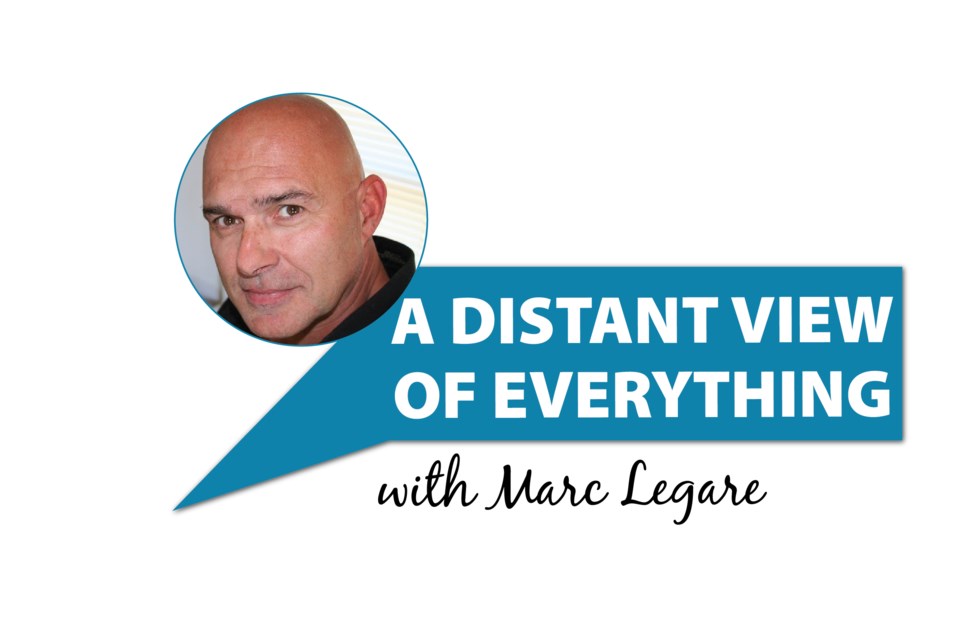Marc Legare is a philosopher and motorcycle adventurist.
He has travelled extensively, worked and lived in Australia, US, and across Canada.
He has a varied working career including: Firefighter, Lawyer, Navy, Motorcycle Importer, plus others.
He chose to return to southern Saskatchewan because of his family's deep roots here.
Losing trust is life changing. A large number of people are losing, or have lost, basic trust in governments, officials, authorities, medical opinions, news medias, statistics, and so-called experts. This is so pervasive, palpable, and across the board disconcerting it is imperative to consider what that means. Because if trust is completely lost, things can go downhill quickly.
It is now common to hear the words "I no longer believe what the media says" or, I no longer trust our officials." Even the phrase "I no longer have faith in humanity," has been echoed recently.
Let's put aside our individual views of the current state of affairs and pay specific attention to the damage the deterioration of trust causes. No matter what our personal stance on events over the past several months, we can all agree there have been many conflicting reports, and wildly divergent responses to our situation that an erosion of trust has occurred.
At this point, any argument for or against whether the loss of trust is warranted is irrelevant. The fact is indisputable, a loss of confidence in several of our institutions has permeated us and has become an elephant in our living room. That elephant exists and it is imperative to pay heed to the deleterious outcomes that can ensue when large numbers in a society, correctly or incorrectly, lose basic trust. There can be no denying that when large subsets of a population become wary and deeply skeptical of the cornerstones on which the community once stood, that society is not healthy.
We have all experienced a person, group, or institution, that has broken our trust and we are keenly aware of our resulting reaction. When that happens, we have a significantly negative mind-shift toward that person or entity. We no longer believe anything said or claimed after that point.
What does that mean on a macro level when the lack of trust is a widely held view? The consequences of it can be best understood from a micro level example. If there is a breach of trust in a marriage, catastrophe is usually the result. Few marriages survive such a breach and those that do require a great deal of time to heal the wound. If our current, ever waning trust becomes ubiquitous there will most likely be a serious rift of some kind. Even if there is not it will take years for us to get back on solid ground.
Most of us are currently focused on the crisis and dealing with the fallout of our response to it. Meanwhile, a gigantic ocean of suspicion has been growing and bubbling beneath the surface and that reality is not within our minds-eye, not yet anyway. Nonetheless, the significant and staggering ramifications of that festering wound will need to be dealt with in the future. That, along with other psychological trauma, will be one of the highest costs we will be forced to face and eventually pay for; one way or another.
Trust is a cement that keeps us unified and strong. The loss of it makes us all the lesser. The sooner we start to rebuild it, the better. It is imperative to keep in mind the words of a simple quote by an unknown author; "Trust doesn't come with a refill. Once it's gone, you probably won't get it back, and if you do, it will never be the same."
The views and opinions expressed in this article are those of the author, and do not necessarily reflect the position of this publication.




